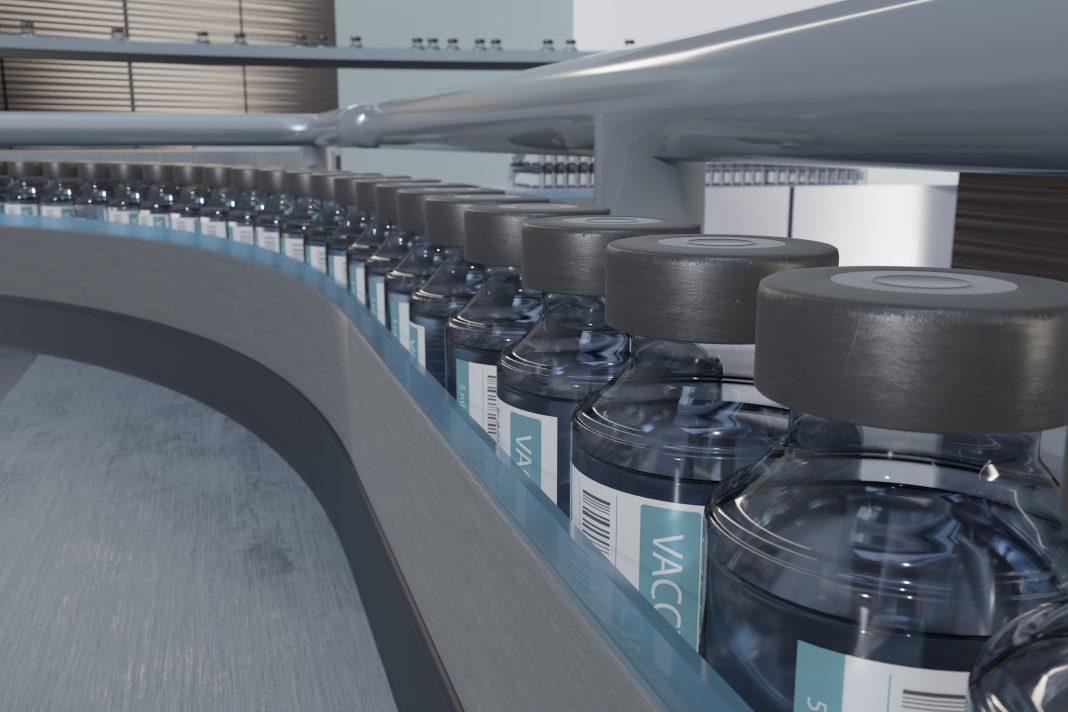For vaccine makers, COVID-19 underlined the benefits of data-driven manufacturing. And as the pandemic ebbs, the jab industry’s use of innovative digital production and processing technologies continues to grow.
Vaccine production has changed dramatically since 2019, says Vishnu Kumar, PhD, an industrial engineering researcher at Pennsylvania State University, both in terms of the processes themselves and the manufacturing technologies involved.
“The pandemic significantly boosted the adoption of smart vaccine manufacturing technologies across the globe. One of the major milestones was the emergence of novel biotechnology platform-based vaccines such as mRNA and viral vector-based vaccines,” he tells GEN. “The vaccines made using this technology are highly customizable and quick build as opposed to the vaccines made using the traditional manufacturing processes.
“As a result, drug companies were able to successfully develop platform-based vaccines, perform trials and obtain emergency approval within a year. This is an incredible achievement since vaccines based on traditional techniques generally take around 10-15 years to complete all the required steps.”
But even before COVID-19, the vaccine manufacturing industry had already started moving in a digital direction, points out Kumar, adding that “data analytics along with smart technologies such as IIoT (Industrial Internet of things), cloud computing, augmented reality (AR), and blockchains were already becoming a part of the vaccine manufacturing and distribution process.”
Augmented reality technologies–visualization systems that combine virtual information with the real world—are a good example of the innovative technologies vaccine firms are using to streamline operations on the factory floor.
“Increasingly, production staff are using AR devices and gestures to interact with vaccine manufacturing process and products,” continues Kumar. “This touchless technique can minimize direct physical interaction with the vaccine products, thereby reducing human induced contamination and mishandling of vaccines.”
Machine learning
Even as the pandemic ebbs, the vaccine sector’s investment in digital technologies continues to increase.
“The vaccine industry is increasingly moving towards smart technologies,” says Kumar. “With the growing need to develop safe and effective vaccines at lightening speeds it is likely that industries would work towards adopting smart technologies.”
Kumar cites artificial intelligence and machine learning as technologies the vaccine industry is likely to use more over the next few years.
“AI, ML, and automation have tremendous potential in transforming the industry,” he tells GEN. These techniques can be used to predict, [for example], protein structure and human immune system behaviors and can thereby boost drug discovery and drug repurposing. “Therefore, the future of vaccine production will be driven by these novel technologies and smart tools!”



